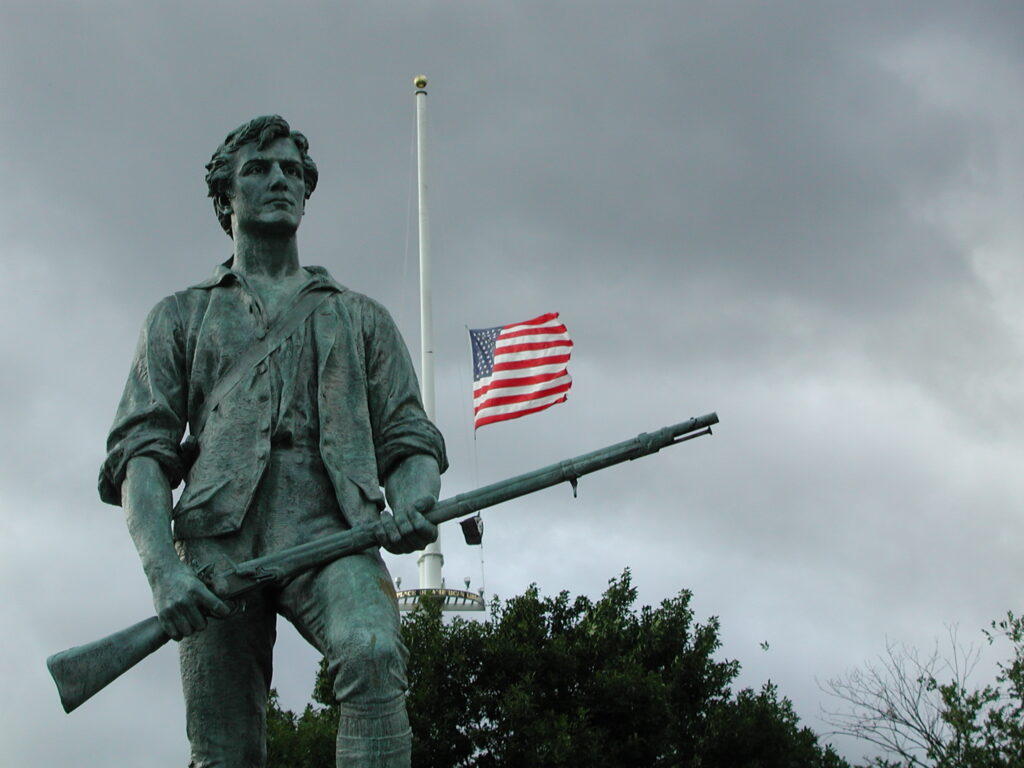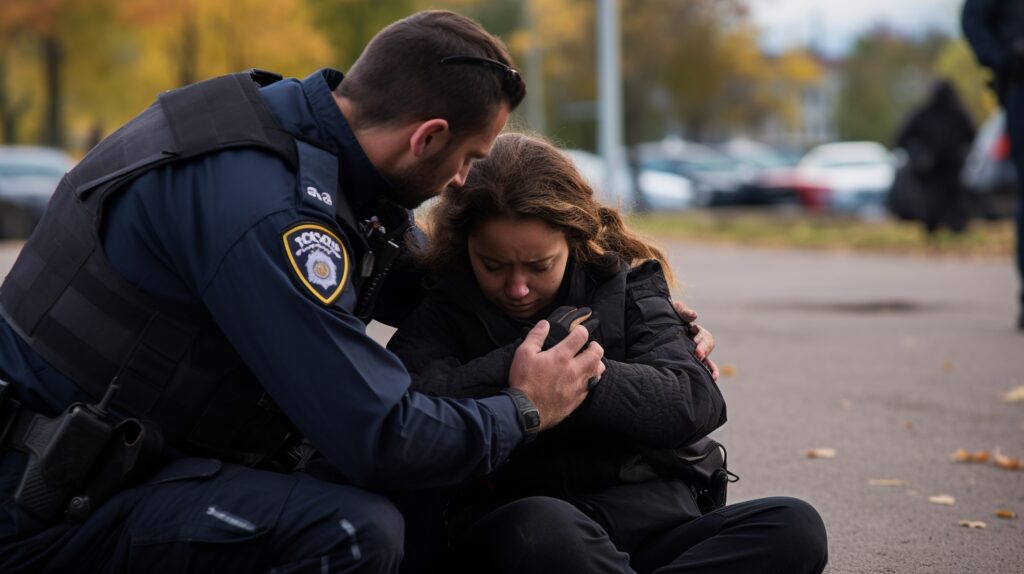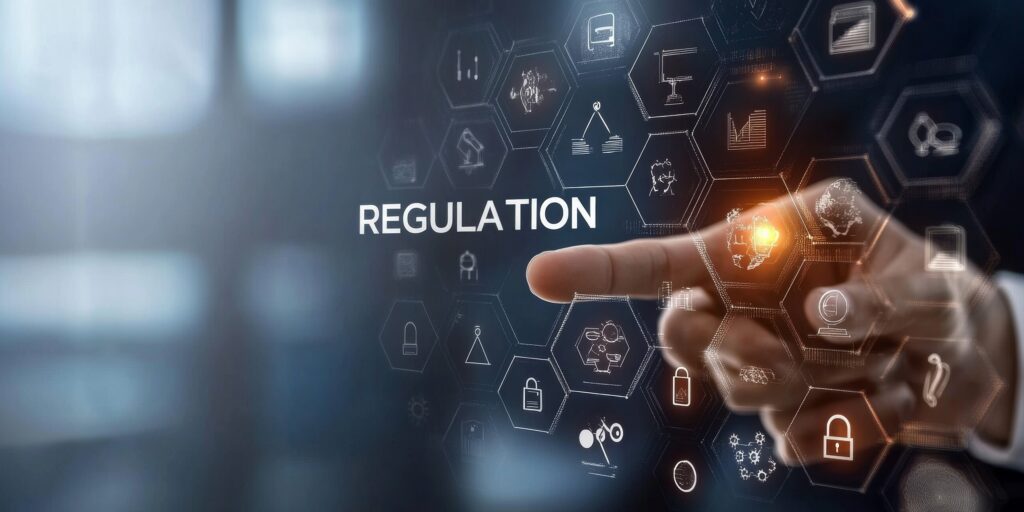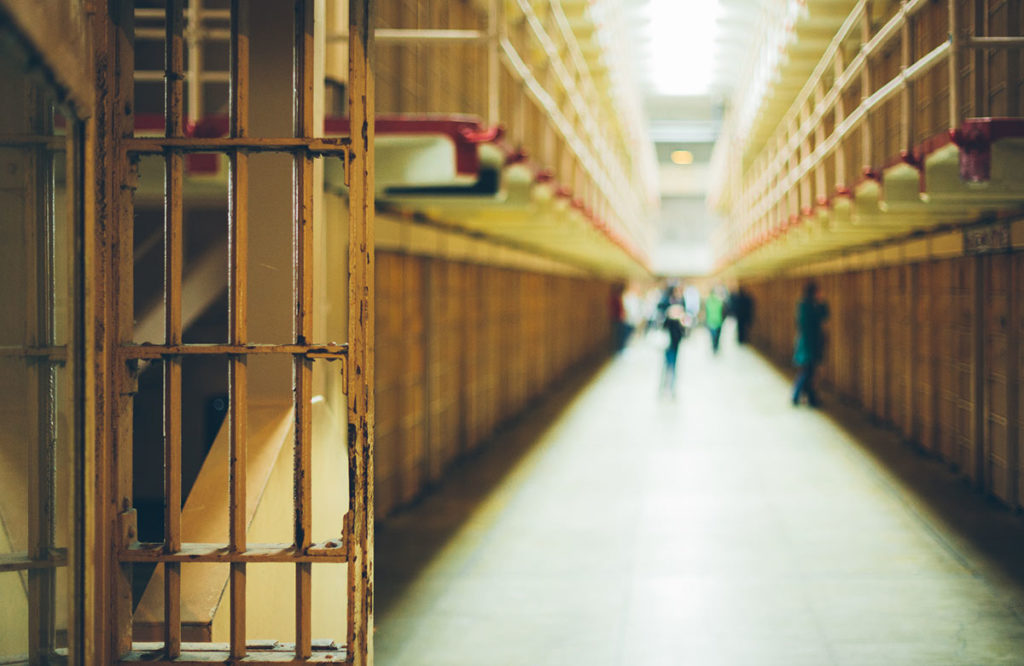Let’s celebrate Labor Day by making it easier for Americans to work
“Labor Day pays tribute to the contributions and achievements of American workers … It was created by the labor movement in the late 19th century and became a federal holiday in 1894,” according to History.com. However, for most Americans, Labor Day represents little more than a long weekend that marks the end of summer, but it is also intended to be a celebration of improved working conditions.
While we’ve come a long way since enduring the work environments of the industrial revolution, one of the major issues facing America today—especially in the coronavirus pandemic’s wake—is getting people back to work. Unfortunately, one of the greatest impediments to employment are burdensome government regulations, including occupational licensing regimes, which make it difficult to enter into the workforce. As such, in honor of Labor Day, lawmakers ought to consider lowering barriers to employment.
As it stands, as many as 30 percent of prospective workers must first get the State of Georgia’s permission—in the form of an occupational license—to earn a living. These aren’t easy to obtain either. Georgia has the 14th most burdensome professional licensing laws, and according to the Institute for Justice, Georgia requires “on average, $185 in fees, 464 days of education and experience, and about two exams.” Fees aside, the other requirements are also costly and time-consuming, and these requirements strangely even extend to jobs like librarians, cemetery plot salespeople and auctioneers.
What’s more, most of Georgia’s licenses do not transfer from state to state—other than a handful of occupations that qualify for the interstate compacts that Georgia has joined. This means that many already licensed workers who travel or relocate to the Peach State must traverse the labyrinth of licensing requirements again, which is problematic on many fronts. In fact, the result of stringent occupational licensing regimes, according to various studies, is fewer jobs and higher consumer costs, while not providing better products or services.
Given these realities, lawmakers need to revisit many licensing requirements, especially considering that many make little sense. After all, why do emergency medical technicians need only 110 hours of education to save lives but a makeup artist needs whopping 1,000 hours? That seems absolutely bizarre. Thus, as first steps, legislators need to conduct an audit of occupational licensing requirements, compare them to other states and require licensing boards to justify the high bars to employment.
Officials will likely find that some occupations do not need to be licensed by the state, while others maintain unreasonably high standards. Of course, that’s not to say that all professions should be deregulated—far from it. Many jobs—including numerous medical professions—absolutely must remain under the state’s purview. Nevertheless, after conducting the audit, the legislature should make reforms as needed.
As a second initial step, Georgia needs to adopt a model similar to Arizona’s. Not long ago, the trailblazing Grand Canyon State enacted legislation that required in-state licensing boards to recognize all out-of-state professional licenses of similar scope so long as the prospective workers pass any state-specific exams. This demonstrates their knowledge of important state regulations.
The Arizona model is commonsense legislation. After all, if someone is licensed in good standing to work in another state and understands the regulations of the state where they’d like to move, then why should they need a separate license to work in a field they’ve already mastered? They clearly don’t. It would be redundant and wasteful. As such, Georgia should adopt similar legislation to make it easier for those relocating to the Peach State to enter the workforce and provide for their families.
Thanks to the coronavirus pandemic, Georgia’s unemployment rate remains high and we are mired in a recession. While it could end next quarter or linger for months to come, the time is always right to safely lower barriers to employment.
To be fair, Georgia has already taken strides to improve occupational licensing. In fact, in 2019, Gov. Brian Kemp signed legislation to prohibit licensing boards from stripping licenses from those who fall behind on student loans. What’s more, he recently enacted HB 914—championed by Rep. Heath Clark (R-Warner Robins) and Sen. Bruce Thompson (R-White). The measure created a system that essentially requires boards to permit licensed military spouses who relocate to Georgia to more easily get back to work. These were smart steps. Yet it’s time to go a step further, and there’s no better time than Labor Day to consider ways to make it easier for Georgians to earn a living.








